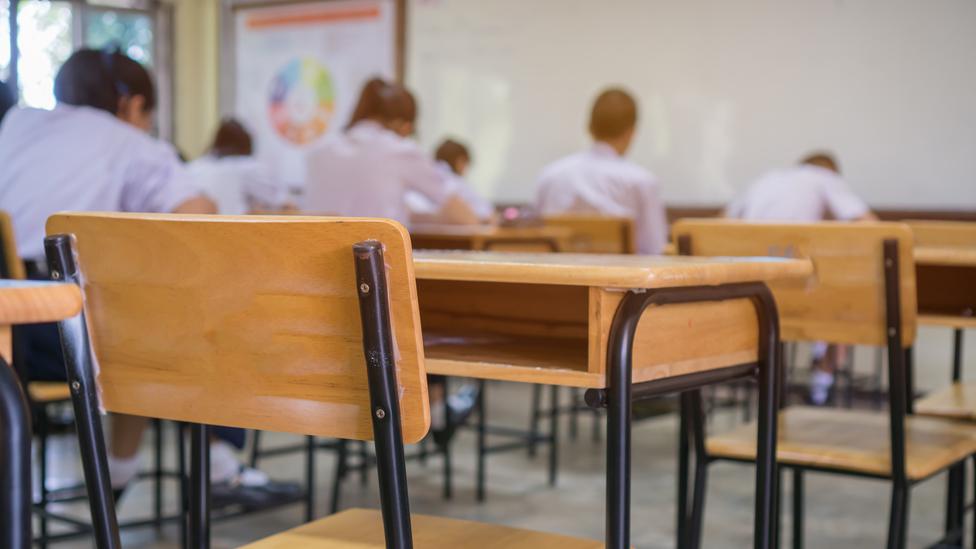Covid: Poorer pupils in Wales two years behind classmates
- Published
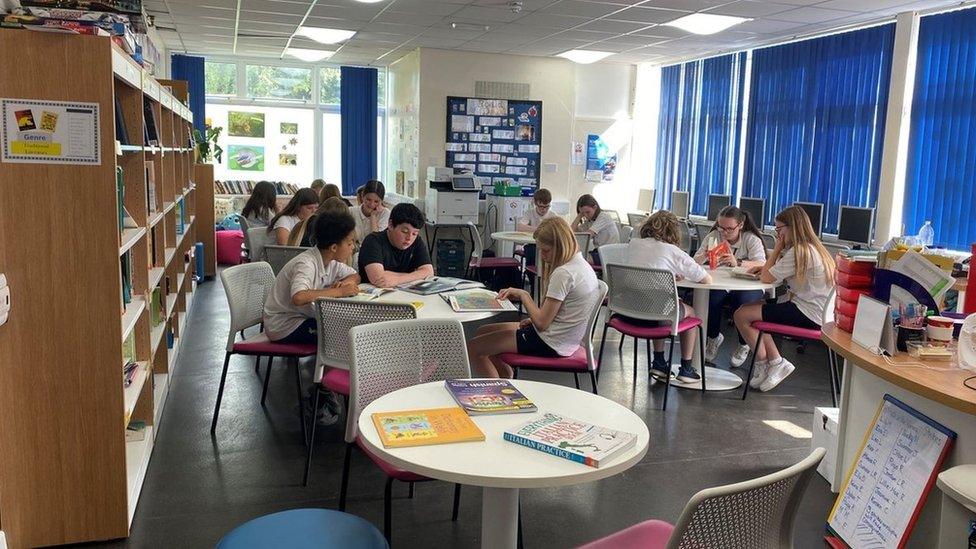
A library has been set up at Treorchy Comprehensive to improve literacy levels
Pupils from poorer backgrounds in Wales are about two years behind their peers, according to new analysis.
By the time they sit their GCSEs, poorer pupils are on average 22 to 23 months behind, with those identified as long-term poor up to 29 months behind.
The figures are based on results from three years ago but researchers say pupils have almost certainly fallen further behind over the Covid pandemic.
Education Minister Jeremy Miles said the report was "disheartening".
He added the Welsh government would try to close the attainment gap.
In a recent speech, Mr Miles also said the situation was "well behind where we want to be".
The Welsh Conservatives said "child poverty rates increase and education standards get worse" under the Labour government.
The Education Policy Institute (EPI) data, is based on GCSE results from 2019, suggests the gap is at its highest - between 25 and 28 months - in Wrexham, Merthyr Tydfil, Blaenau Gwent, Torfaen, Pembrokeshire and Neath Port Talbot.
Cardiff, Swansea and Ceredigion were among the areas where it is narrower, though it still amounts to 17 to 20 months.
Researchers compared data for Wales with England where more disadvantaged pupils were around 18 months behind classmates.
They said the situation in Wales was "particularly concerning".


This report will make uncomfortable reading for a government which has talked a lot about the priority it places on closing the attainment gap.
There's been very little progress over a decade despite the millions invested in grants and other initiatives.
Researchers, who have looked at the data in England too, say the situation in Wales is particularly worrying.
The education minister acknowledges progress has been "too slow" and promises "radical action", but any measures will have to contend with the damage done by the pandemic on top of the bleak picture already identified in today's report.

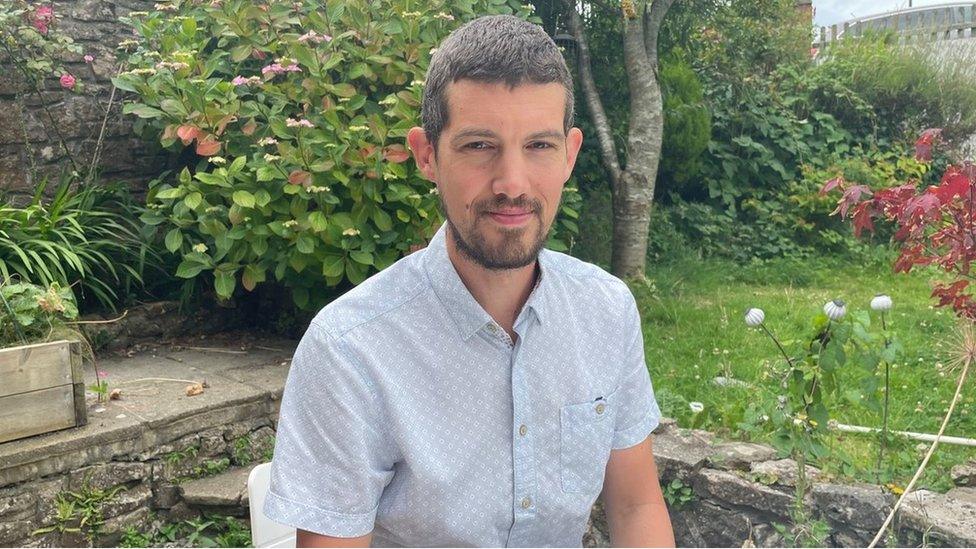
Luke Sibieta, of the EPI, says there should be much higher grants available to help those in greater need
"The gap in Wales is larger compared with what it is in England", said Luke Sibieta, a research fellow with the EPI.
"But quite frankly both are deeply disappointing and worrying because it appears we've seen very little progress in both Wales and England over the last 10 years."
Despite the high priority the Welsh government has said it places on tackling the disparity in performance, Mr Sibieta said "it suggests either the efforts have been misplaced or there hasn't been enough effort to reduce inequality".
The EPI's report called for lessons to be learned from international evidence and from schools and areas in the UK that had managed to achieve a more level playing field.
The education minister has said he intends to pilot ways to incentivise people to teach in the most disadvantaged areas, and provide extra support for school leaders in those areas.
He added there would be research into the impact of setting pupils according to ability, which will lead to national guidance for schools.
Mr Miles said: "Going forward the strategy of a whole-system approach - looking at support for schools, for learners directly and how we deploy some of that very significant sums of pupil development grants - those together will help us move forward and close the attainment gap at GCSE."
How one school tries to narrow the gap
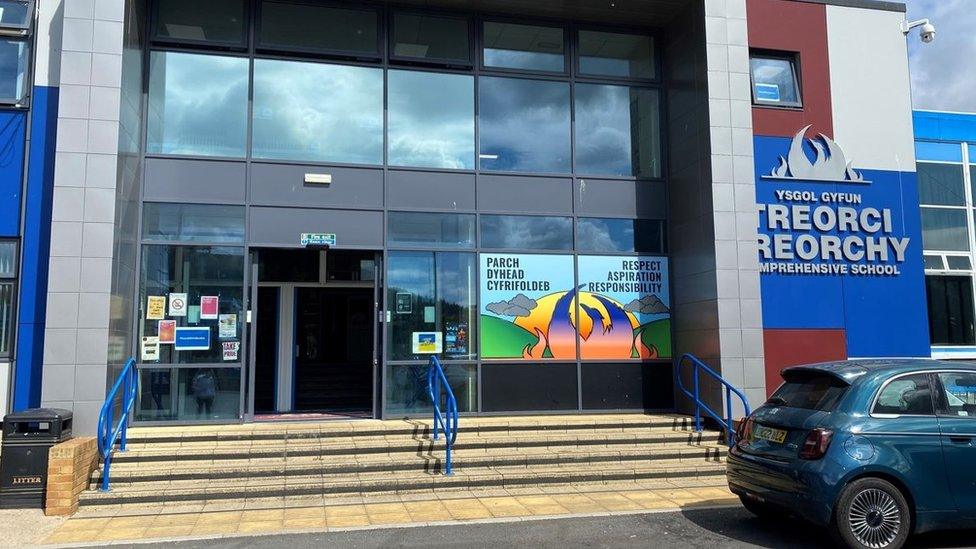
Treorchy Comprehensive School is part of the Raising the Attainment of Disadvantaged Youngsters (Rady) project
Treorchy Comprehensive School in Rhondda Cynon Taf is part of the Raising the Attainment of Disadvantaged Youngsters project.
It aims to close the attainment gap with the school providing training for new teachers.
The school opened a new library last year and the head teacher, Jennifer Ford, said it was a "massive part" of the school's aim for the children to get access to books and to "fall in love" with literacy.
Ms Ford said it was disappointing the attainment gap had not been closed, despite it being a Welsh government priority.
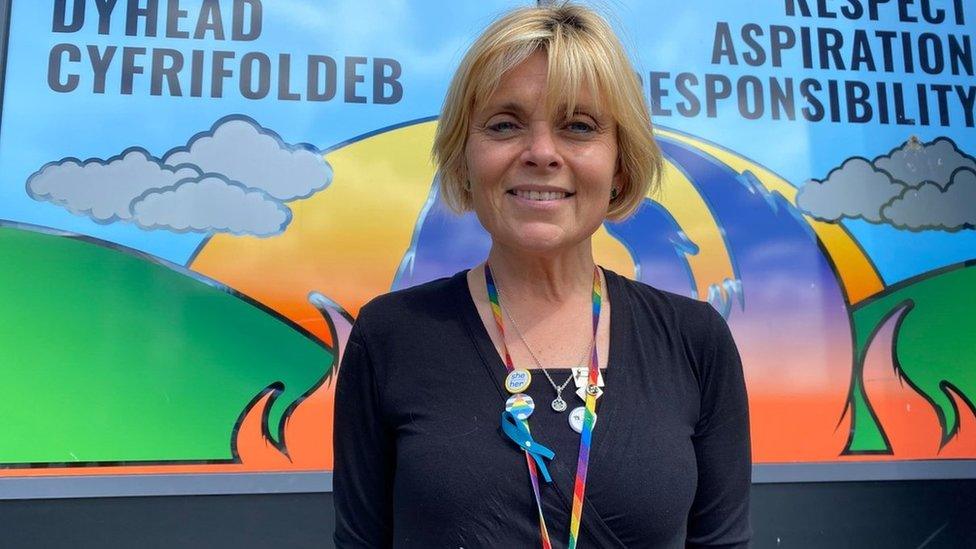
Jennifer Ford says secondary schools need to focus on basic literacy levels from Year 7
"We have got to try and think and be as creative as possible and really start looking at grassroots initiatives. [At] lots of secondary schools we've tended to try and throw the kitchen sink at Year 11 and get the children those key qualifications.
"But actually it's looking at basic literacy levels in primary school when they come to us at the end of Year 6."
However, she warned it was a "complex" picture.
"It's not just about learning and teaching. It's about everything around the wellbeing and needs of a young person and their families," said Ms Ford.
The Pupil Development Grant has been the Welsh government's flagship policy for tackling the impact of disadvantage over the past decade.
It allocates money to schools for every pupil who is eligible for free school meals as well as looked after children.
Grants are also available to families for uniform and other kit.
Luke Sibieta said the grant is a "good thing" but "quite frankly it just needs to be higher" and more focused on children facing deeper levels of poverty.
Executive chairman of the EPI, David Laws, said the research "should trigger a debate in Wales as to why these outcomes are so disappointing and what more can be done to turn things around".
"Across the UK, policymakers need to re-double their efforts to give poor children a better chance in life," he said.
The Welsh Conservatives' education spokeswoman, Laura Anne Jones, said: "Remember, children in Wales missed more days of school on average than any other part in the UK due to Labour's lockdowns - and there's no plan for them to catch-up.
"Instead of Labour's lacklustre approach, what we need to see is a clear commitment from this Labour government to ensure our children are supported in every way possible so that learners can get the very best education they deserve."
Plaid Cymru's Heledd Fychan said: "These findings give considerable cause for concern and show that there is still a long way to go in closing the attainment gap in Wales.
"This is why Plaid Cymru has prioritised tackling child poverty as part of its co-operation agreement with Welsh government, addressing the root causes of inequality among pupils in the first place.
"This issue must be looked at by Welsh government as a matter of urgency as the problem will only get worse with the cost of living crisis."

CHALLENGING MISCONCEPTIONS: Life in Britain’s biggest special school
BORN DEAF, RAISED HEARING: What it means to live in two different worlds

Related topics
- Published12 June 2022
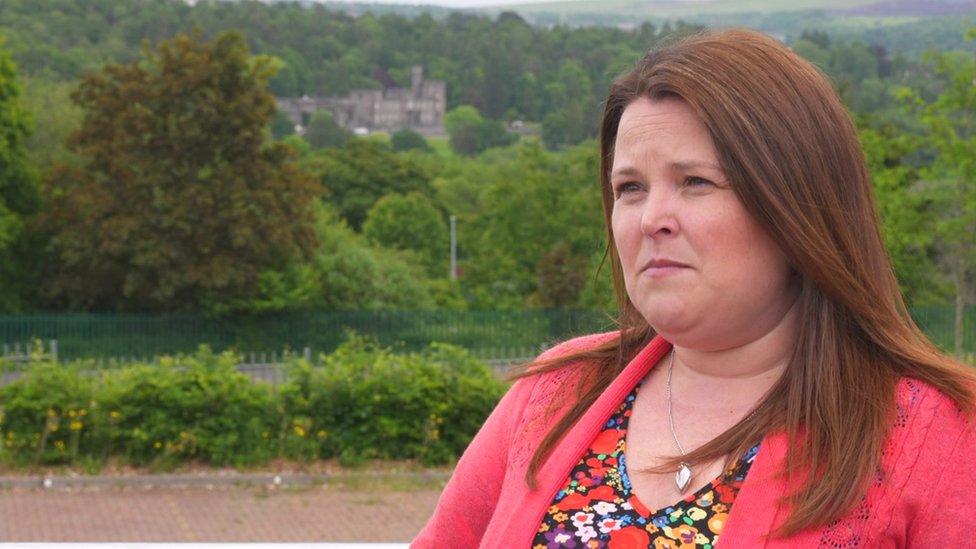
- Published12 May 2022
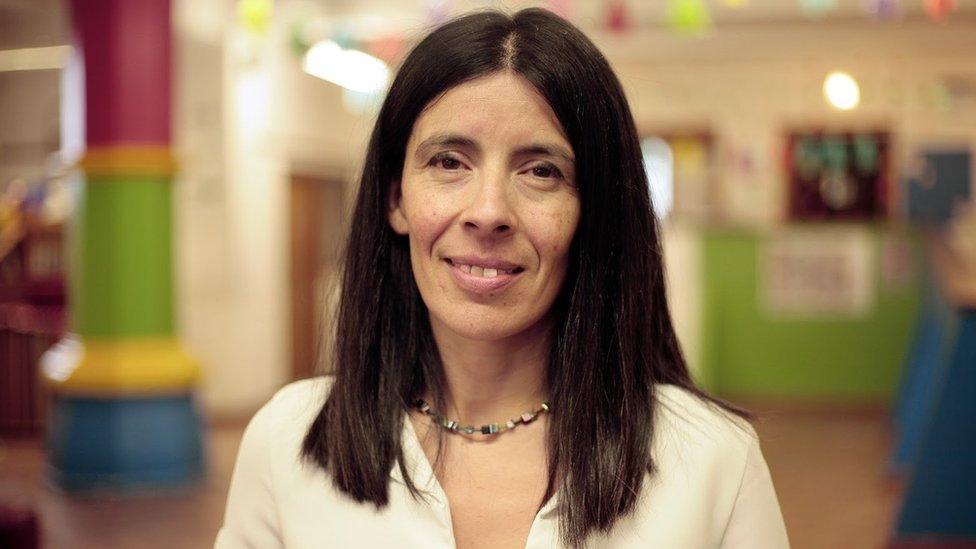
- Published27 March 2022
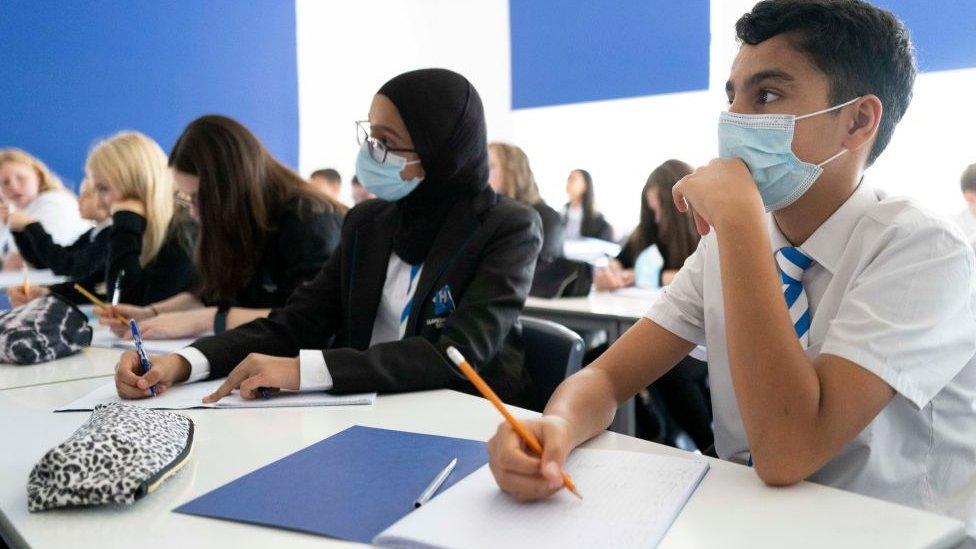
- Published20 May 2021
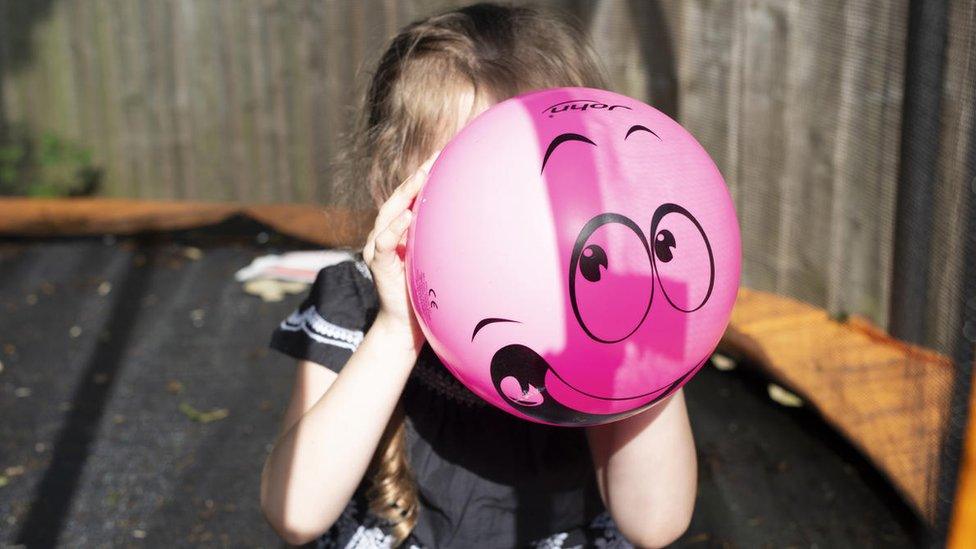
- Published26 February 2020
